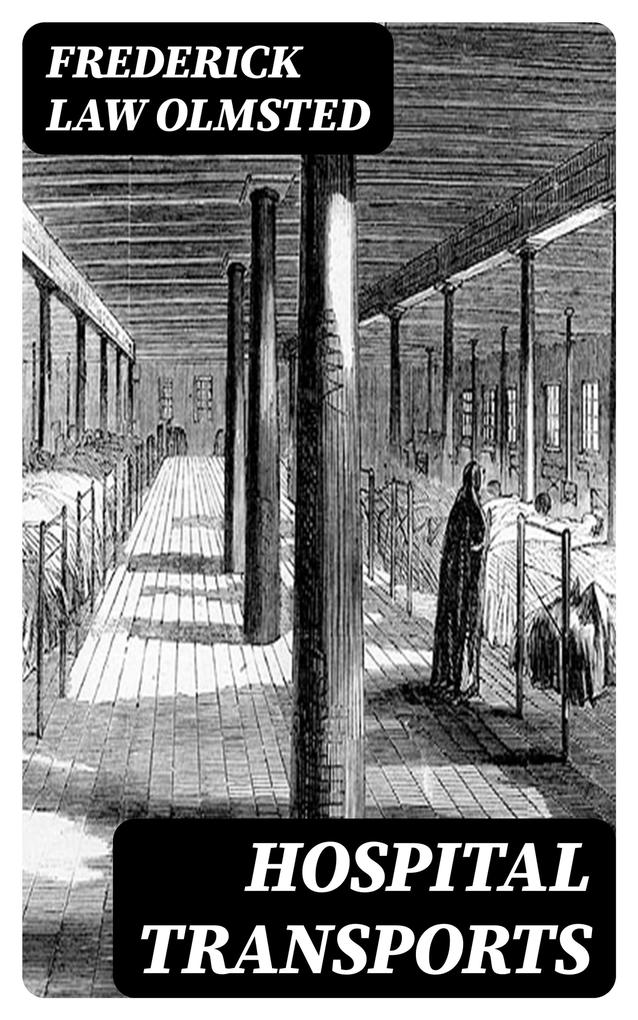
Sofort lieferbar (Download)
Frederick Law Olmsted's 'Hospital Transports' is a compelling and thought-provoking novel that encapsulates the harrowing experiences of wounded soldiers during the American Civil War. Through vivid descriptions and gripping storytelling, Olmsted sheds light on the challenges faced by both the medical staff and patients as they struggle to cope with the brutality of war. The book's literary style emulates a sense of urgency and raw emotion, creating an immersive reading experience that resonates with the historical context of the Civil War era. Readers will find themselves captivated by the intricate character developments and powerful narrative that Olmsted masterfully weaves throughout the book. Through 'Hospital Transports,' Olmsted offers a poignant reflection on the human cost of war and the resilience of the human spirit in times of adversity. Frederick Law Olmsted's background as a journalist and landscape architect provides valuable insight into the historical accuracy and attention to detail present in 'Hospital Transports.' His unique perspective and commitment to social reform make this novel a must-read for history enthusiasts and literature buffs alike.
Produktdetails
Erscheinungsdatum
28. Mai 2022
Sprache
englisch
Seitenanzahl
89
Dateigröße
0,72 MB
Autor/Autorin
Frederick Law Olmsted
Verlag/Hersteller
Kopierschutz
mit Wasserzeichen versehen
Family Sharing
Ja
Produktart
EBOOK
Dateiformat
EPUB
ISBN
8596547024200
Entdecken Sie mehr
Bewertungen
0 Bewertungen
Es wurden noch keine Bewertungen abgegeben. Schreiben Sie die erste Bewertung zu "Hospital Transports" und helfen Sie damit anderen bei der Kaufentscheidung.









